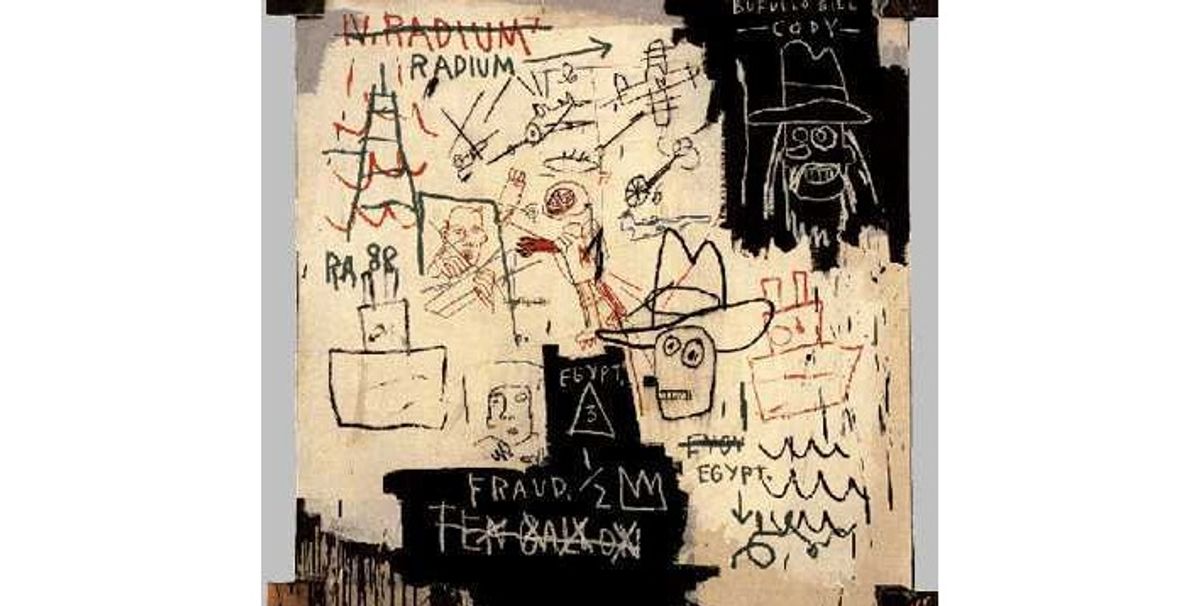In a cautionary court ruling for art advisers, Lisa Jacobs has been ordered to pay Michael Schulhof, the former president of Sony Corp of America, the $1m she made from the sale of Jean-Michel Basquiat's painting Future Sciences Versus the Man (1983). In a 27 February decision in New York Supreme Court, Judge Charles Ramos ruled that Jacobs had committed fraud and breached a contract that set her fee at $50,000. Jacobs is appealing the decision.
According to the decision, Jacobs worked as a curator and adviser to Schulhof’s mother, the collector Hannelore Schulhof, from 1998 until her death in 2012. In October 2011, Jacobs and Michael Schulhof entered into a deal to sell the painting by Basquiat. Under the written agreement, Jacobs was to find a buyer willing to pay at least $6m. The agreement stated that her commission on the sale would be $50,000 and she was “not to accept any fee from the purchaser”.
The next month, Jacobs found a buyer, the New York dealer Amy Wolf, who agreed to pay $6.5m, the judge recounted in his decision. But Jacobs told Schulhof that she “was able to get the [buyer] up to $5.5m” and Schulhof agreed to that price. Telling Schulhof that the buyer wanted to remain anonymous, Jacobs structured the deal so that she would buy the work and sell it herself to Wolf, the judge said. After Wolf paid her the $6.5m, Jacobs sent $5.5m to Schulhof, minus her $50,000 commission.
Jacobs never told Schulhof the actual purchase price, instead keeping the $1m difference. Schulhof learned about it a year later, when the New York District Attorney’s Office examined Jacobs’ bank records while investigating an unrelated theft from the Schulhof collection, according to court papers. (Jacobs was not involved in the crime.)
Judge Ramos ruled that under the terms of the contract, and because of her long relationship with Mrs Schulhof, Jacobs had a fiduciary duty to disclose the $6.5m sale price. He also found that taking the $1m violated her agreement “not to accept any fee from the purchaser”.
Jacobs’s lawyer, Carter Reich of Nicholas Goodman & Associates, said Judge Ramos was wrong not to consider customary market practice. “It was a textbook private art deal,” he said, adding that the ruling that a collector and a longstanding adviser have a fiduciary relationship goes against legal precedent. It “puts private dealers and art advisers on notice to be careful,” Reich said.


